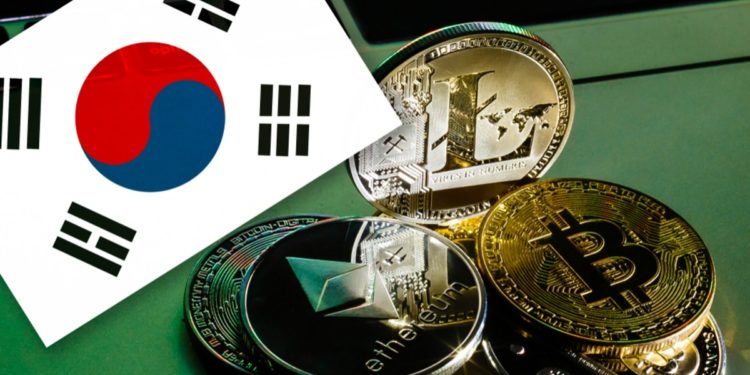The Financial Supervisory Service (FSS) of South Korea has begun an inquiry into the cryptocurrency staking services provided by local exchanges such as Upbit, Bithumb, Korbit, and Coinone. The regulator has sought data from these exchanges that is connected to staking, which has led to worries over the possibility of new laws that are related to staking. On the other hand, a spokeswoman for the FSS has indicated that there are not presently any plans to completely prohibit domestic stakestaking.
Following a similar step by US authorities, which only recently initiated a legal fight against stake providers, the FSS has opened an investigation into the matter. The Chief Executive Officer of Coinbase, Brian Armstrong, has made the assertion that the Securities and Exchange Commission of the United States (SEC) is attempting to “get rid of crypto staking in the US.” The Financial Stability Service (FSS) has responded to this by stating that it wants to make certain that domestic staking providers adhere to the letter of the legislation.
Despite the fact that South Korean exchanges have asserted that they do not use customer funds to pay out staking earnings and that they store the exchanges’ own tokens in a separate location from the tokens that belong to customers, South Korean regulators are interested in finding an answer to the question of whether or not staking services can be legally construed as a form of “security” trading.
The result of legal disputes in South Korea might be affected by further developments in the United States over the question of whether or not some cryptocurrencies can be considered securities. The latest action taken by the SEC against Terraform Labs and its CEO Do Kwon is being hailed as a “good step” by the prosecuting authorities in South Korea. The SEC has leveled allegations of “securities” breaches against Kwon and other corporate leaders, and the agency is now waiting for a response from the US judicial system.
Credit: Source link






















